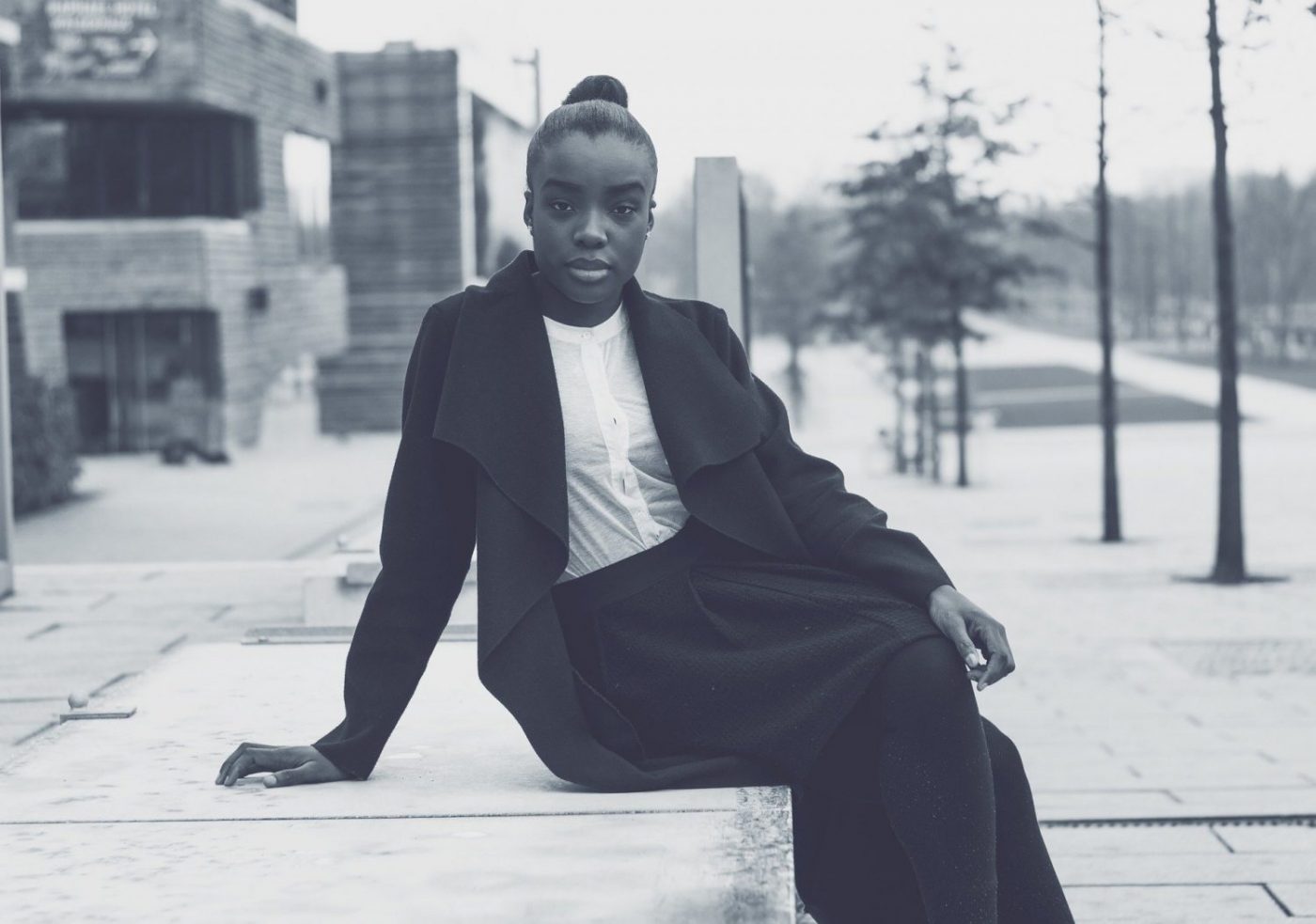You picked the wrong one …
In 1997, I was a young lawyer, both in age (27) and years of practicing law (2). One day, a black male colleague and I were invited to a meeting on the third floor. The third floor? Where all the big wigs sit? Yes!
The day of the meeting I went upstairs and entered the conference room with the big table and all of our white male management team seated there. I took my seat at the table. I had no idea what this meeting was about or why I was there.
The meeting began and issues were being discussed. I honestly don’t recall what was specifically being addressed. What I do recall is that there was some issue that piqued my interest. So, I did what I normally do when that happens … I chimed in. And once I began speaking, I kept speaking throughout the meeting. I was so proud of myself for speaking up and being a part of this “big boys” conversation.
That made one of us …
The meeting ended and we all returned to work. Later, I received a call to return to the third floor to speak with my boss. Oh, okay. I thought he wanted to discuss the meeting. He did but not in the way I expected.
When I got to his office, he told me that although I was invited to the meeting, I wasn’t supposed to speak. I was just supposed to be there. Um, no, I was thinking. This is not how this works. I told him “you picked the wrong one.”
Their intention was to give me a seat at the table to use me as “window dressing.”
Now whenever I hear women, particularly black women, lament about having a seat at the table, I think of this experience.
- Are we falling into the “window dressing” trap?
- Are we seeking this coveted seat at the table just to say we have a seat?
- Do we even deserve to be at that table?
“A seat at the table” has become synonymous with equity – the feeling that we have arrived, but is it, and have we?
Before you get mad and go all “bye Felecia” on me, consider this. We are being programmed to fight for a “seat” at the table. I had a seat. They willingly gave me that seat but to serve their own purposes. What they weren’t willing to give me was “a voice.”
Unfortunately, they didn’t realize that I wake up every morning believing that “I belong everywhere I am.” So, if you invite me in a room, my only thought is “we here, so now what we talking about?” Yep slang and all.
You see I think sometimes we get so caught up in the “thing” that we think they are keeping us from not realizing that that thing is just a distraction from the “real thing.”
They will kick and scream but they will give some of us a seat. It’s great window dressing. A seat is a number. That satisfies their diversity quota.
But what they’re not going to willingly do is give you a voice. A heard, respected, valued voice is empowerment. That is Inclusion.
Rather than just seeking a seat, seek to be a heard, included, valued contributor who is involved in decision-making that benefits the overall strategic plan.
You have to demand that your voice be heard but before seeking that seat, seek clarity.
Women all over the world are clamoring for their seat at the table but have you ever asked yourself these questions:
- Why do you want to be at that table?
- What value do you bring to that table?
- How does being at that table benefit you?
- How does being at that table benefit the organization?
- How will you use your voice at that table to benefit others?
It is imperative for us not to fall into the trap of begging for “a seat, any seat.” We must be intentionally focused on getting the “the right seat.”
The seat where our voice will be welcomed. The seat where our voice will not only benefit us, but others. The seat where our voice is not only heard but respected. The seat where our voice both matters and makes a difference.
I belong everywhere I am, but I don’t belong everywhere.


